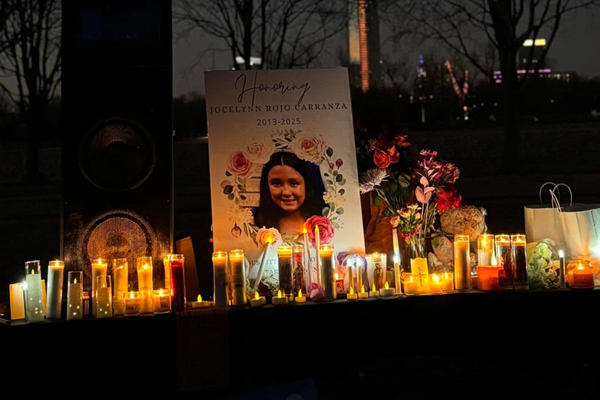ORLANDO, Fla. — LGBTQ advocacy groups are seeking to block what they call the “don’t say gay” law from taking effect, arguing in a federal lawsuit that it is discriminatory, vague and runs afoul of the free speech rights of students and teachers.
Equality Florida and Family Florida filed the suit Thursday against Gov. Ron DeSantis, Education Commissioner Richard Corcoran and the Florida State Board of Education in the Northern District of Florida.
The groups assert the law violates the First Amendment and the equal protection and due process clauses of the U.S. Constitution. Their legal action comes just three days after DeSantis signed the controversial legislation into law.
“It is hard to imagine anything more offensive to our constitutional system than treating one group of school kids as second class based solely on who they are or who their parents are,” Roberta Kaplan, a lawyer representing the plaintiffs, said in a prepared statement. “This law cannot be allowed to stand.”
HB 1557, officially titled Parental Rights in Education but widely known as the “don’t say gay” bill, prohibits classroom instruction on “sexual orientation or gender identity” in grades kindergarten through three or in a manner that is not “age-appropriate.” Parents are able to sue over violations under the law that takes effect July 1.
LGBTQ groups argue the law is vague, “creating a scheme in which parents can use the threat of litigation over vague statutory terms to menace school boards and intimidate teachers into offering a skewed, discriminatory curriculum.”
Lawmakers did not define the terms “classroom instruction,” “gender identity” and “sexual orientation” in the bill.
“It offends principles of free speech and equal protection by seeking to censor discussions of sexual orientation or gender identity that recognize and respect LGBTQ people and their families,” the lawsuit reads. “It offends due process by using broad and vague terms to define its prohibitions — thus inviting discriminatory enforcement and magnifying its chilling effect on speech. And it arises from discriminatory purposes and outdated sex-based stereotypes that offend deeply rooted constitutional and statutory requirements.”
Students, parents and teacher joined as plaintiffs in the lawsuit over the law that has sparked national controversy.
Speaking in West Palm Beach, DeSantis said he expects the law will be upheld by the courts, saying he couldn’t envision a court accepting that there is a constitutional right to have “classroom instruction for first graders for things like transgender and gender ideology.”
“States and localities have the ability to set curriculum in public schools,” he said. “We do that all the time. This is not new.”
One particular passage in the seven-page bill sparked much of the controversy. It reads, “Classroom instruction by school personnel or third parties on sexual orientation or gender identity may not occur in kindergarten through grade 3 or in a manner that is not age appropriate or developmentally appropriate for students in accordance with state standards.”
———







